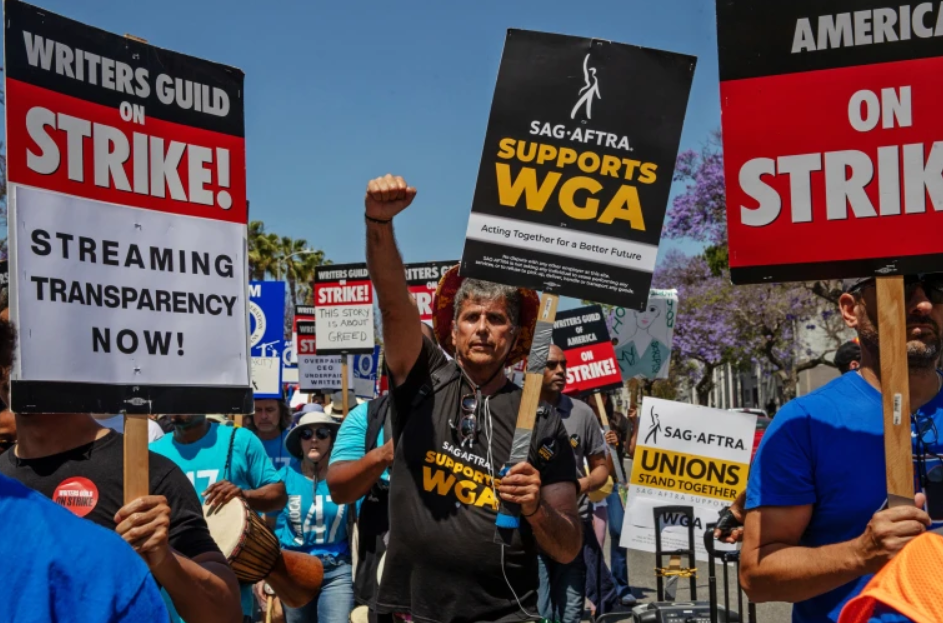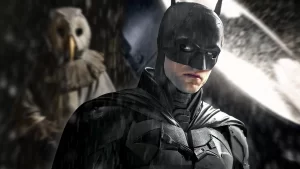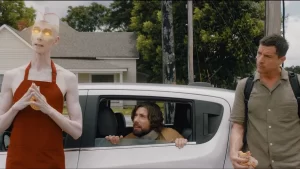
For the past two months or so you might’ve heard that the industry is at a standstill because of the WGA strike or the Writers’ strike. I think we all have an idea about the pitiful condition of writers throughout the world be it any industry. Hollywood is no different and treats these creative minds poorly. The Guild has shown an extremely bold stance against these money hungry organizations by refusing any work until the studios finally pay heed to the genuine demands of writers. Now, even the actors have joined the WGA’s strike via SAG-AFTRA as if Hollywood wasn’t in enough trouble already. But what are the actors upset about? Aren’t they the ones that get paid the most in any production? Well, I can certainly understand this perception but trust me actors are also exploited a lot. Not the big, established ones but certainly the lower level talents.
What is the SAG-AFTRA Strike About?

The contract between SAG-AFTRA (the Screen Actors Guild and American Federation of Television and Radio Artists, two guilds that merged in 2012) and AMPTP (American Motion Picture and Television Producers), which represents Hollywood’s studios and production companies, expired at midnight on Wednesday, July 12. After which a vote was taken and the SAG-AFTRA unanimously voted for a strike with 98%. This strike will cause severe economic havoc in Hollywood as the SAG has approximately 160,000 members (actors, announcers, broadcast journalists, dancers, DJs, news writers, news editors, program hosts, puppeteers, recording artists, singers, stunt performers, voiceover artists, and other media professionals).
While the WGA was able to shut down many productions in New York and Los Angeles only with 20,000 members. To be clear, a strike doesn’t mean people can’t act at all; it means they cannot perform work for struck companies (which is to say, members of the AMPTP, like Disney and Netflix). The SAG-AFTRA wants more or less what the WGA wants. All of which is driven by technology. In the streaming world the TV season length has drastically dropped from 26 episodes to 8 or 10 episodes.
But compensation hasn’t kept pace with the shift, and SAG-AFTRA is asking for a raise. The specifics of the negotiations are of course sparse for now. Like the WGA, SAG-AFTRA is also enormously concerned about the potential for rapidly developing AI to replace its members. And it should be: AI can be trained on actors’ likenesses or voices, which can then be used to generate new performances both on-screen and in voice-over or other capacities. These are more or less reasons why the SAG-AFTRA is on strike. Hopefully, this combined strike from artists will force the Hollywood bureaucrats to budge and reconsider the terms. However, this definitely means that the TV shows or movies currently in productions will come to a halt like House of the Dragon, Deadpool 3, Venom 3, and so on.
The SAG AFTRA Strike began on 14th July midnight.
If you have any questions regarding SAG AFTRA Strike, feel free to ask in the comments below. For more content, stay tuned. As usual, like, subscribe and share our articles as we are trying to build a community of people High on Cinema!






